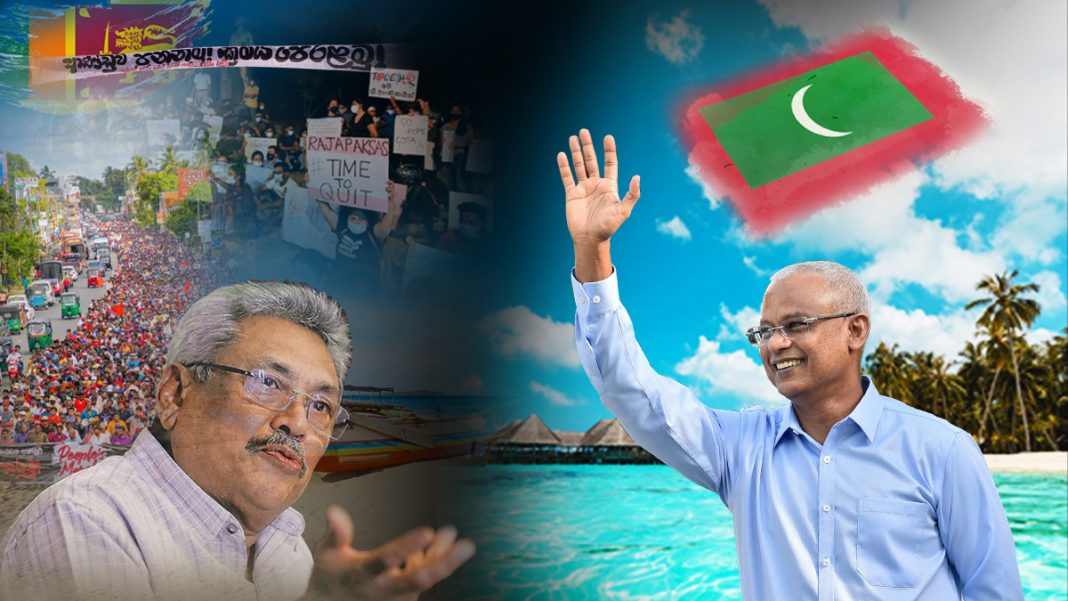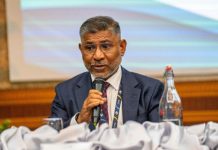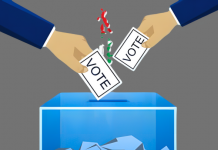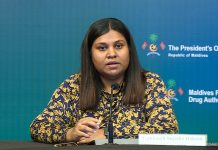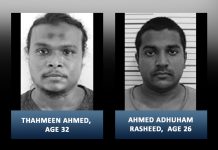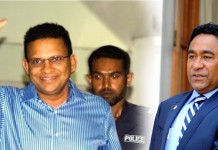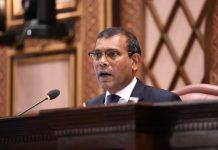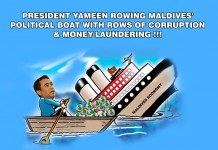Maldives and Sri Lanka are the two most beautiful and popular tropical destinations in the world. Also known as the jewels of Indian Ocean, both shares similar features, at the same time is different from one another.
Recently, there has been unrest in Sri Lanka because of its growing economic crisis. The public blames the incumbent government for making poor decisions that has led Sri Lanka to its current state. Whereas, the government blames pandemic for most of its parts.
Many critics has been comparing how Maldives in comparison is doing extremely well, as both island nations suffered the most during Covid, considering that both are heavily dependent on tourism and the export-import industry.
Understanding that the pandemic could not have been the only factor that’s contributing to the Sri Lankan economic woes, lets rewind back as we unfold the events.
Political Scenario in Sri Lanka & The Maldives:
If we look at the political stance of the two nations, there can be seen many similarities atleast up until 2018. There is a shared history of struggle in attaining democracy in the country.
While Maldives was immersed in electing its first democratic President in 2012, to him resigning in 2014 and then Yameen taking over the state, to him almost risking Maldives to bankruptcy by taking multiple foreign debts in the name of infrastructure projects, imposing state of emergency, jailing political oppositions to harming citizens and press with his authoritarian bills, it was a mess.
Sri Lanka was not doing any better. The Rajapaksas has been in the political front of Sri Lanka for decades. Mahinda Rajapaksas’s rise in politics received a boost from the war victory in May 2009. He served as the President for 10 long years and during his time in power, he on-boarded his brothers in politics. President Gotabhaya at that time served as Defence Secretary. Mahinda’s vision of establishing a family political dynasty was almost becoming real.
As he was eyeing to enter his 3rd term of presidentship, he succumbed into defeat. Its been stated that many factors contributed to his defeat— mismanagement of his political assets, no concern for public or their opinion, violation of human rights, suppressing democracy.
The deepening debt-crisis in the two nations:
Yameen and Mahinda indulged a lot in borrowing money from foreign nations, especially China. Other than the fact that both shared same desires for attaining power and gaining popularity, the two has also been termed by many as pro-China leaders.
Sri Lanka was a step ahead when in came to rendezvousing with China as it borrowed billions of dollars to build ports and airways to revive the economy after the end of civil war in 2009. This is what led to the debt-trap that we now read about and the attainment of the Hambantota port in Sri Lanka by China over struggles to repay back loan.
Yameen biting the same bait:
If one was smart, he would acknowledge Sri Lanka’s experience and take it as a lesson but former pres Yameen wasn’t so bright. He made a similar deal with China, took burdening debts to built bridges and airports and threw Maldives under the bus. The after-effects of the small courtship he had back then in 2017, is felt by Maldives today as the pressure to pay back loans stacks on. A similar future is awaiting Maldives? Only time can tell.
So, what changed the course of Maldives?
It takes one visionary leader to lead the nation towards the right path. Yameen’s defeat in the 2018 presidential election and with President Ibu Solih attaining the office, things changed drastically. He brought about reform and made necessary changes in the working of the government.
The people of Maldives voted for democracy and in return Pres. Ibu has been doing a very commendable job to stabilize the situation in Maldives.
A quick assessment in the foreign reserves during Yameen’s regime in comparison to Pres Ibu will give an idea about the changes that we speak of. Foreign Reserves in Maldives reaching an all time high of 978.70 USD Million in Sept of 2021 and a record low of 456.50 USD Million in Dec of 2016.
Covid-19 regulations in a nation whose economy survives in tourism:
While the govt of Sri Lanka blamed Covid for their economic crisis, President Ibu acted quickly on its crisis response plan, one of the biggest reasons why Maldives did not feel the blow of the damage to its maximum, despite being a tourism based nation.
The main difference between the two island nation is its geography. Maldives is an archipelago. Sri Lanka is not an archipelago. This means that Maldives is scattered in the ocean as a group of islands, which makes it more complex to govern but despite the setbacks, Maldives has relatively performed well when the world was hit with pandemic
The IMF and the ADB report states that Maldives will be among the five economies in the world that are expected to grow at the fastest pace in 2022.
In addition to this, Maldives has won back-to-back awards consecutively for two years as the World’s leading destination. This is a big achievement and pride for a nation whose economy is greatly dependent on tourism.
Sri Lanka Economy Crisis, the reasons:
Gotabaya Rajapaksa’s move in November 2019 after winning the presidential election was to cut more than half of the taxes levied in Sri Lanka.
At the time, the Sri Lankan government said the measures were aimed at providing opportunities for the public to spend and bring about a significant improvement in businesses and the economy.
The government said that the country’s financial situation will be restored. The move is similar to that of Gotabaya’s brother and politically influential former President Mahinda Rajapaksa.
Bad action taken at the wrong time:
The move was basically to help the government get popular in the hearts of the public, but these deepened the crisis as less tax generation meant reduced state revenue which meant more funds had to be printed and more additional foreign loans to cover the loss of revenue.
As a result, the financial situation began to deteriorate as the policy formulated in 2019 to reduce government expenditure was not implemented. Tourism closed due to the COVID-19 pandemic which accounts for 10% of Sri Lanka’s GDP. Tourism has been overshadowed by the Easter bomb attack in Sri Lanka.
The Sri Lankan government has been forced to import goods from foreign currency in reserve during the COVID-19 pandemic. Sri Lanka, which needs to import basic goods for many citizens, took another bad step at the time. Failing to reach out for assistance to the IMF and the decision to ban fertilizers all contributed to the current state of Sri Lanka.
Sri Lankan economy:
- The country’s debt has risen to 119%.
- Debt is due to pay $7.3 billion this year alone; $1.6 billion in reserves
- Inflation rose to 25% from higher food prices; this is the highest inflation in the region
- More than half a million people have fallen into poverty.
- Results of non-productive loans
Sri Lanka’s economy, which is closest to the Maldives, has fallen into a state of disrepair, according to economic experts.
Sri Lanka’s debt:
- USD 11.8 billion – Bonds to be paid to foreign parties
- USD 4.6 billion – Asian Development Bank
- More than USD 3 billion – Japan and China
Maldivian debt to be available by 2022:
- MVR 50.3 billion – Domestic debt
- MVR 41.1 billion – Foreign Debt
- MVR 11.6 billion – Sovereign Guarantee
The Maldivian debt is currently at a red line. If the government is not cautious, the same faith will not take long to bestow upon Maldives. Experts have advised that the Maldives should be careful in taking loans.
Despite the burdening deadlines of repaying back loans, we hope that President Ibu and his government will have a diplomatic outreach in finding the solutions to the existing problem.
The Maldives is barely surviving but the due credit goes to the government who in a short period of time has been able to assess the dangers and sought for ways to dilute them. Such performance and decision making ability is expected from the head of the nation.

